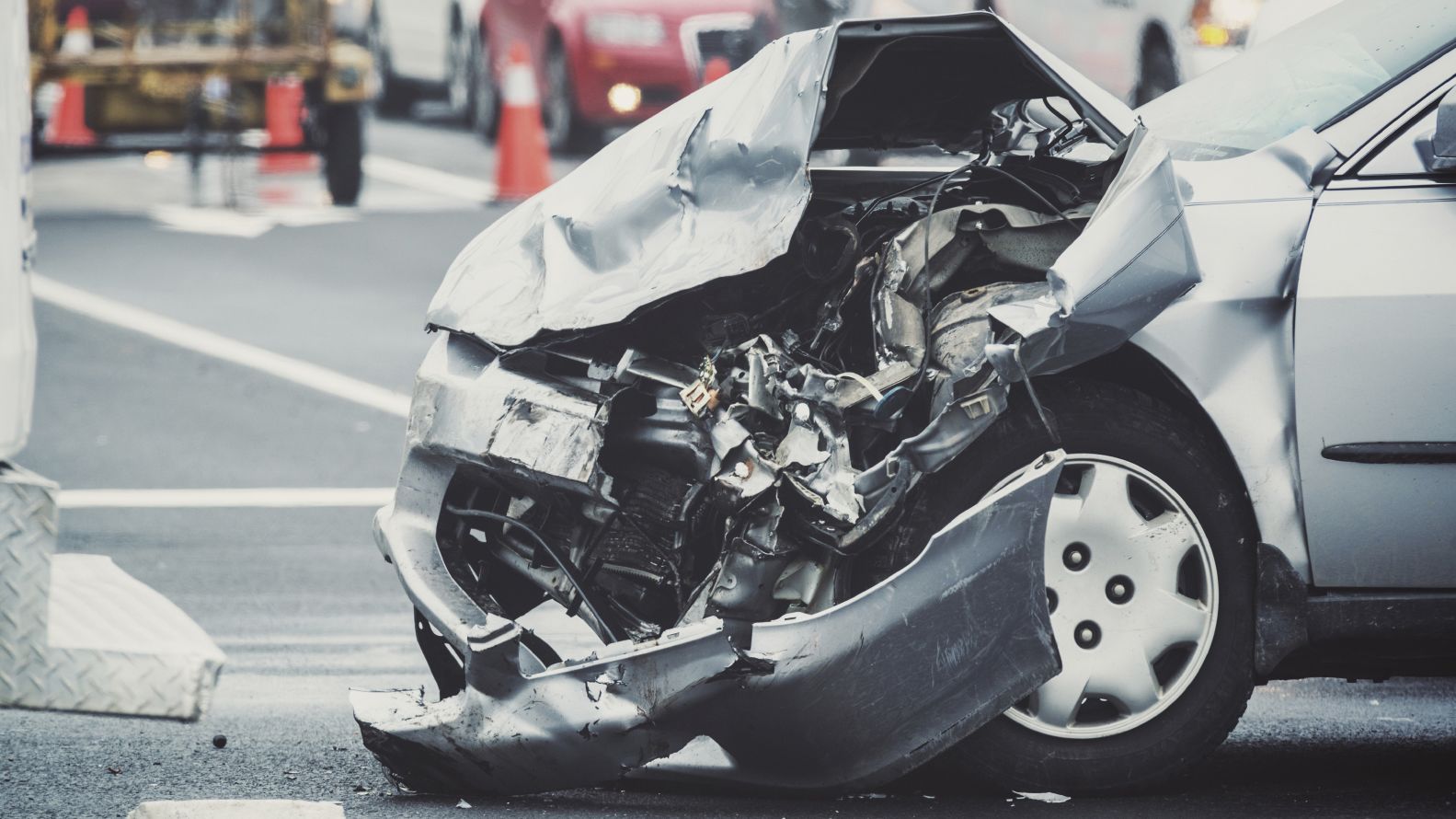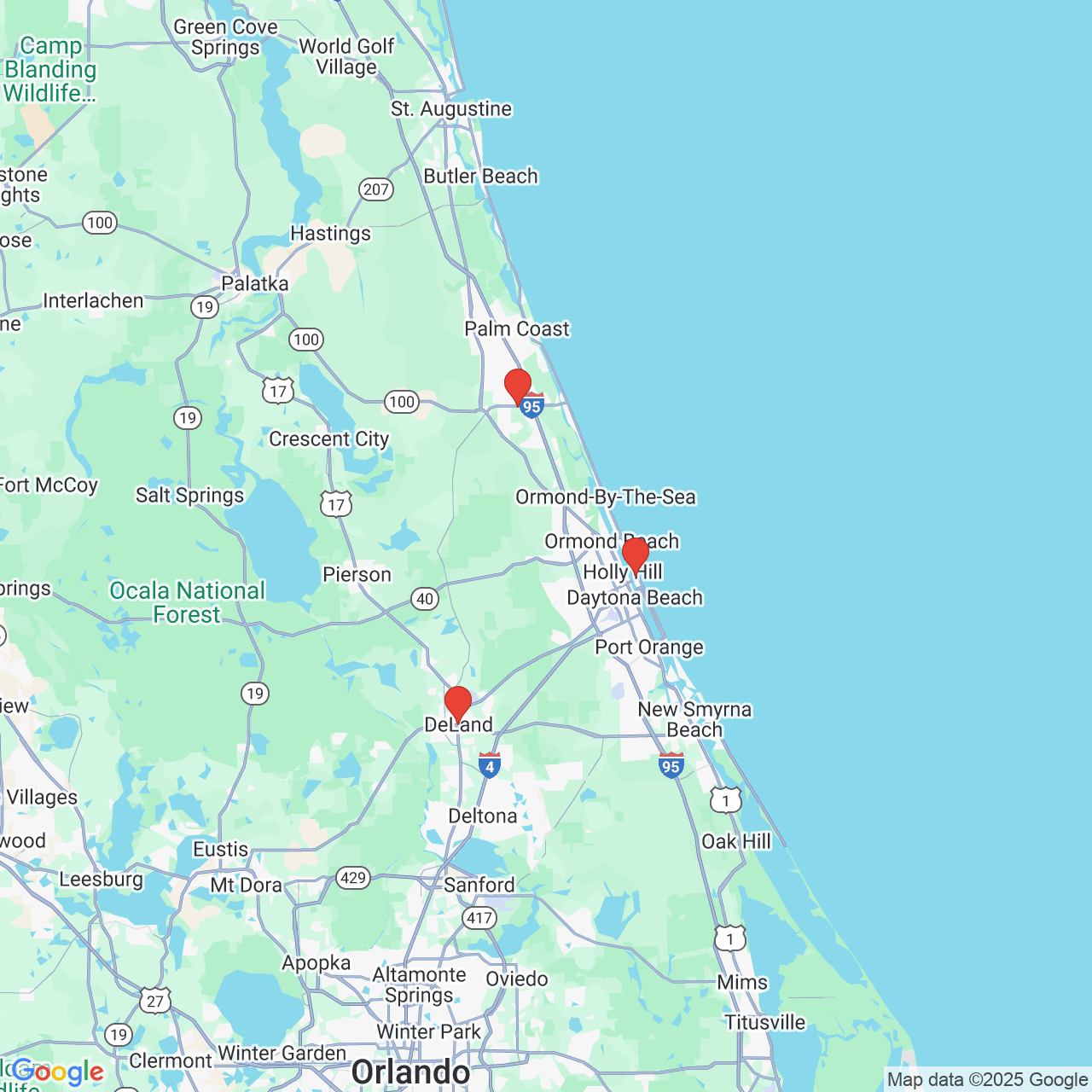Florida's Dangerous Instrumentality Doctrine and Car Accidents
 If a friend or relative borrows your vehicle, you may assume that they are legally responsible for any injuries or accidents that occur while they are behind the wheel. That may not be the case. Florida’s dangerous instrumentality doctrine could mean the car owner has some legal liability for another driver’s actions.
If a friend or relative borrows your vehicle, you may assume that they are legally responsible for any injuries or accidents that occur while they are behind the wheel. That may not be the case. Florida’s dangerous instrumentality doctrine could mean the car owner has some legal liability for another driver’s actions.
The car accident lawyers of Chanfrau & Chanfrau have worked on numerous auto collision cases in the Daytona Beach and Palm Coast, FL, area. Here, we’d like to consider the nature of the Dangerous Instrumentality Doctrine, and why it’s important to consider for car accident victims and their loved ones.
What Is the Dangerous Instrumentality Doctrine?
Florida’s Dangerous Instrumentality Doctrine states that the owner of an inherently dangerous tool can be held legally liable for injuries caused by the use of that tool.
Does the Dangerous Instrumentality Doctrine Apply to Motor Vehicles?
Yes. While it may seem uncommon to classify a car or truck as a tool, it is legally considered one, according to the 1920 Florida Supreme Court decision in Southern Cotton Oil v. Anderson.
Vehicle Owner Liability for Another Driver’s Actions
The Florida Supreme Court ruled that any person or company who owns a vehicle and gives permission to another person to drive that vehicle can be held legally liable for injuries and damage caused by said vehicle.
This is important to note for vehicle owners, especially since they are considered the ideal person to judge whether or not someone else should operate their property. When applied to companies, this assumes that the hiring practices of a company consider a driver’s safety and suitability as a commercial driver.
Express and Implied Permission
When allowing someone to use a vehicle you own, this can take the form of express or implied permission.
- Express Permission - Express permission means that you explicitly grant permission to someone to use your vehicle for a specific purpose.
- Implied Permission - Implied permission means that you generally allow someone else to use your vehicle without the need for express permission.
Exceptions to the Dangerous Instrumentality Doctrine
There are some exceptions to the Dangerous Instrumentality Doctrine. They are as follows:
- Shop Rule - The shop rule means that vehicle owners are not held liable for any accidents or injuries caused by their vehicle while it is in the care of a repair shop.
- Valets and Parking Attendants - When car owners leave their vehicle with a valet or parking attendant, owners are not liable for accidents while their car is being parked.
- Bare Naked Title Exception - This exception shields a person from liability if a vehicle now belongs to someone else but the title is still in the previous owner’s name.
- Vehicle Theft - Vehicle owners do not consent to thieves operating their vehicles. Therefore, the owner is not liable for damage or injuries when the vehicle is stolen.
How Our Law Firm Can Help Accident Victims
It’s important to hold negligent parties accountable in auto accidents, even vehicle owners who may not have been behind the wheel at the time. Our lawyers can consider the circumstances of your case and help you seek damages for your injuries, financial losses, and other hardships that were caused by the crash.
Speak with Our Car Accident Lawyers
If you would like to learn more about your legal options following an auto collision, we encourage you to contact Chanfrau & Chanfrau. You can schedule a legal consultation online or call our office in Daytona Beach at (386) 258-7313.



